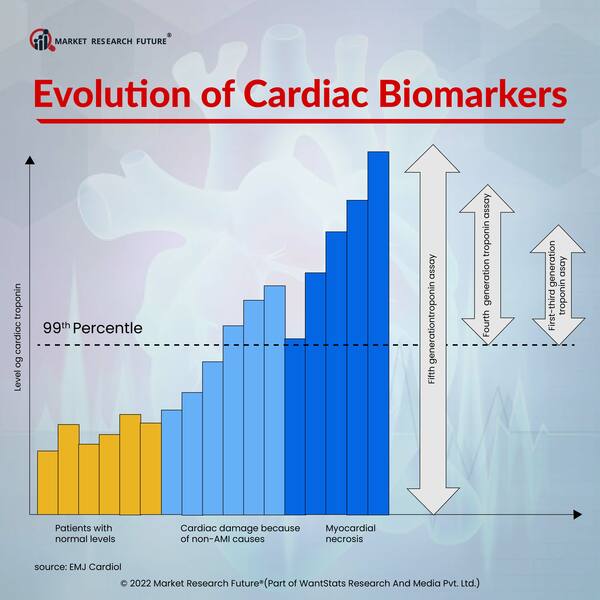Blood Test Uses AI and Biomarkers to Identify and Detect Heart Defects Before Birth
A biomarker is described as a biological molecule found in blood, body fluids, or tissues that indicates the presence of a standard or abnormal process and a condition or disease. Usually, it assesses how well the body responds to an illness or condition treatment. It is also known as a molecular marker and a signature molecule.
Recently, researchers at Beaumont and Royal Oak Hospital have discovered a new blood test that analyses fetal DNA extracted from maternal blood using artificial intelligence that has the potential to aid in the early detection of heart problems and reduce infant mortality.
The researchers wanted to use a minimally invasive method to aid in early detection in this study. They hypothesized that because epigenomics and epigenetics are essential mechanisms for controlling gene expression in cardiac development, whole-genome and AI-based analysis had a high potential to detect signs of heart defects in fetal DNA found in maternal blood samples.
To put this hypothesis to the test, the researchers looked at the ability of various AI approaches, combined with genomic data, to identify altered gene pathways that are important in the development of congenital heart defects. To test the models, they used data from 12 cases of isolated non-syndromic congenital heart defects and 26 matched controls. The best-performing model accurately detected epigenetic changes and altered gene pathways related to the cardiovascular system and function development, cardiac hypertrophy, congenital heart anomaly, and cardiovascular disease. The model used five whole-genome biomarkers and had an area under the receiver operating characteristic curve of 0.97, with 98 percent sensitivity and 94 percent precision.
It was discovered that congenital disabilities, especially those caused by heart disease, are a leading cause of infant mortality. These include the most common, a hole in the heart and other potentially fatal cardiac congenital disabilities that may affect oxygen levels and blood flow at the birth, valve, and other abnormalities. Tobacco use, alcohol consumption, environmental toxins, and vitamin deficiency are all known risk factors for congenital heart defects. These agents cause chemical ('epigenetic') changes in DNA, which can affect the function of genes essential for heart development.
According to the Centers for Disease Control and Prevention (CDC), congenital disabilities affect one in every 33 infants in the US, making them the leading cause of infant mortality. Over 4,000 infants die each year due to congenital disabilities, and those who survive and live with these defects are more likely to develop lifelong cognitive, physical, and social issues.






